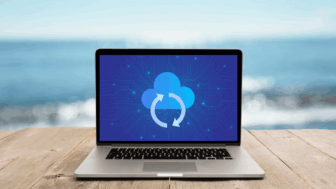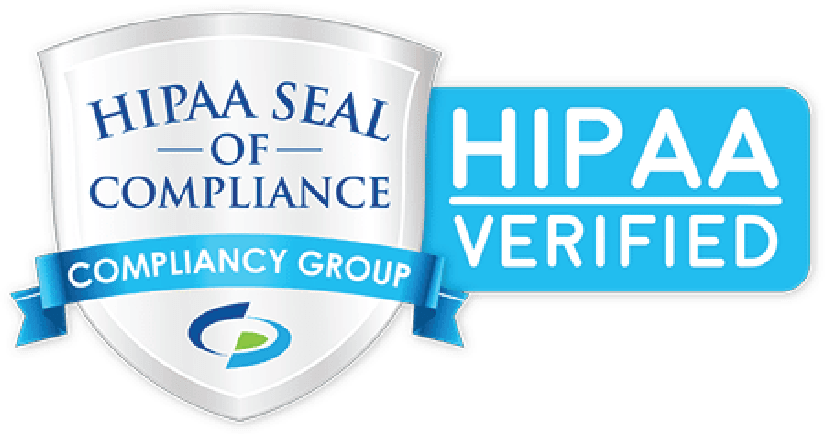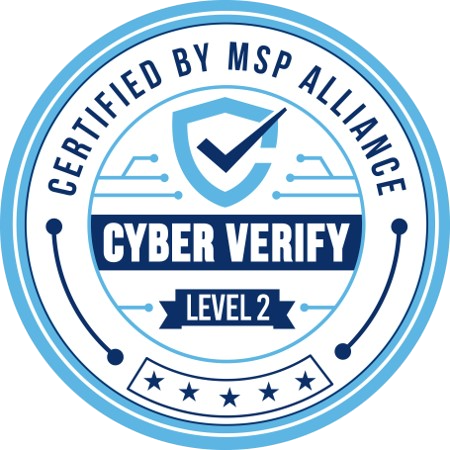Your Patients Deserve a Proactive Cybersecurity Strategy
Your patients trust you to provide high-quality healthcare services, but that trust could be easily broken in the event of a cyberattack. See how to stay safe and protect patient records.
Healthcare organizations have all of the risks associated with other companies such as protecting confidential or personal information and ensuring that workers have access to the details that they need to do their job. There is a growing concern in the healthcare industry that sophisticated cyberattacks could significantly impact the ability of healthcare providers to create positive patient outcomes. Researchers have now discovered computer malware and viruses that could effectively utilize vulnerabilities in connected devices such as CT scans and MRI equipment to insert faked cancer nodes — or to remove them from the scans? Misdiagnosis of this type of issue could have a life-altering impact on patients, leading healthcare professionals to be increasingly concerned about this possibility. Cyberattacks is considered healthcare’s biggest cost according to Lisa Rivera, partner at Bass, Berry and Sims focused on healthcare security: “I’ve seen estimates of over $5 billion in costs to the healthcare industry annually (to combat cyberattacks). That’s enormous and not going away”.
Proactive Cybersecurity Protects Connected Devices
There are a number of devices used in patient care, from laptops and mobile devices to MRI scanners, heart monitors and other equipment that are all connected . . . and ultimately vulnerable to cyberattack. While this may sound like a theoretical future, a recent blind study that involved real lung CT scans showed that malware could alter scans enough that doctors reading the scans misdiagnosed them 99% of the time. This is terrifying when you consider that a cybercriminal could hack into a medical facility and change the digital records for key individuals such as business leaders or politicians.
The Rise of Ransomware in Healthcare
Another frightening scenario occurs when you have hundreds or thousands of patients in a healthcare facility, all receiving some level of care such as going through surgery or recovery from a serious illness. With the vast majority of records now being stored electronically, healthcare workers are unable to access time-critical information about patient care in the event of a ransomware attack. Minutes are vital when you’re considering patient outcomes and could mean the difference between life and death — or serious and permanent injury if your organization was subjected to an attack at exactly the wrong time. The hours or even days that it will take to bring your systems back online is rarely an acceptable situation, leading hospitals and clinics to quickly give in to the demands of cybercriminals, no matter how outlandish.
Your patients may not even realize the magnitude of the privacy threat facing healthcare companies today. One of the best ways you can maintain a high level of trust from the community and ensure the longevity and growth of your healthcare organization is to provide comprehensive cybersecurity support that protects patient records at rest and while they are being transmitted. With healthcare squarely in the targets of global cybercriminals, healthcare facilities are often outsourcing their cybersecurity support to local professionals. The experts at Kraft Technology Group have decades of experience working with healthcare and other life sciences entities, providing proactive IT managed services and cybersecurity support. Contact Nashville’s #1 IT services and support team by calling (615) 600-4411 or reach us online anytime to schedule your complimentary initial consultation.





